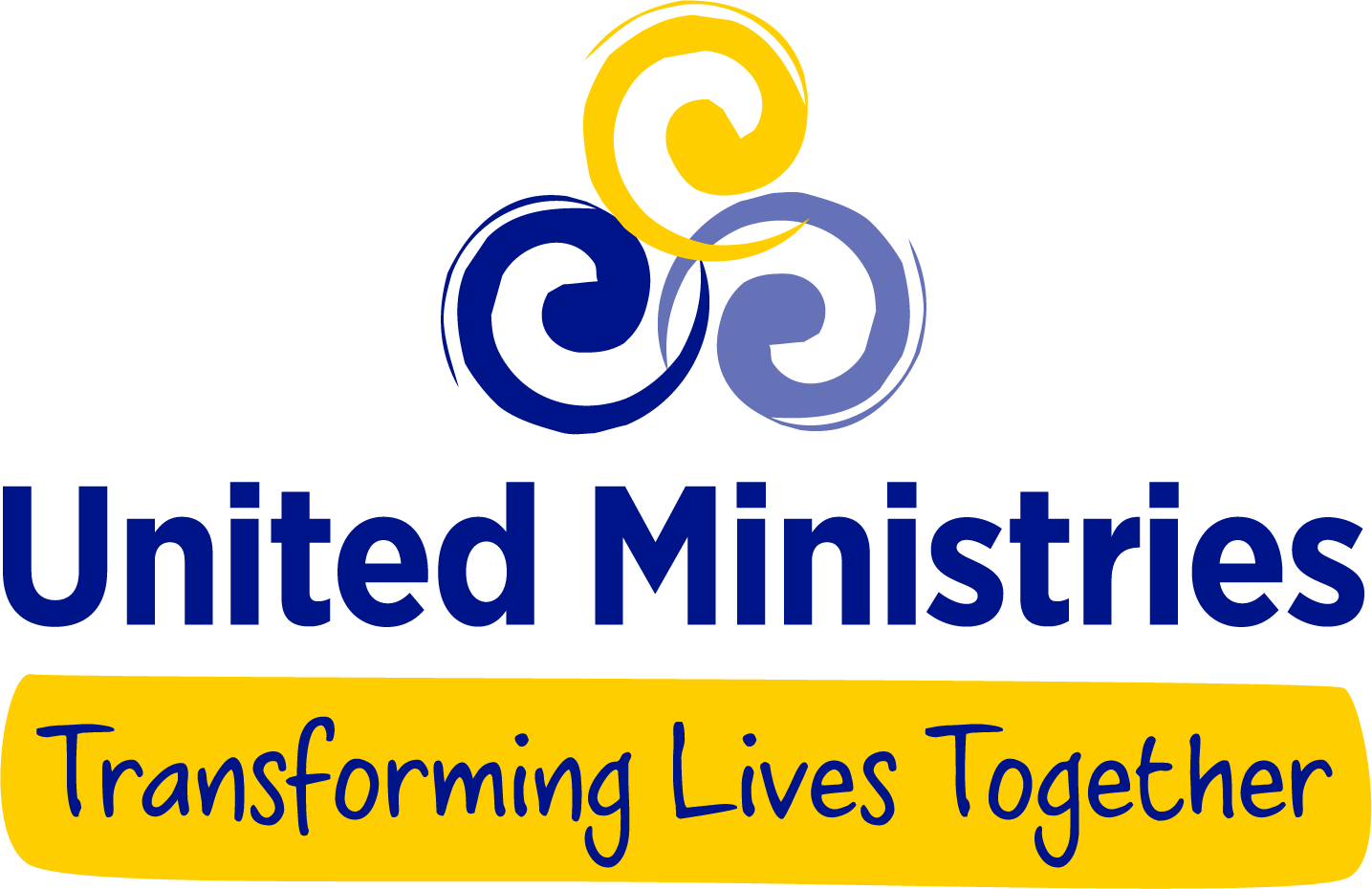 Susan McLarty, the coordinator of the Greenville Homeless Alliance (GHA), found her voice and her role in advocacy through her church community. Susan personally connected with Tony McDade, the retired United Ministries (UM) Executive Director, when he was in charge of GAIHN. Susan helped Tony expand the role of Westminster Presbyterian Church from being a co-host at Trinity Methodist to hosting on site, where she worked, and learned more about Greenville’s homelessness in the process. She realized that local churches are “all doing good work, but there’s still something that isn’t happening” in terms of creating more strategic solutions for the problems Greenville faces. She decided that in order to do more long-term good, the church community must go beyond just donating to good causes. Lack of affordable housing was an issue that stuck out to numerous congregations including Westminster, so Susan joined committees and wrote articles to support solutions to the housing crisis. She found herself on the Board of Directors at GAIHN and then United Ministries before Tony asked her to participate in a “homeless alliance idea” that would include both local public and private partners. Because of her passion for creating solutions and fighting injustice, Susan jumped at the opportunity.
Susan McLarty, the coordinator of the Greenville Homeless Alliance (GHA), found her voice and her role in advocacy through her church community. Susan personally connected with Tony McDade, the retired United Ministries (UM) Executive Director, when he was in charge of GAIHN. Susan helped Tony expand the role of Westminster Presbyterian Church from being a co-host at Trinity Methodist to hosting on site, where she worked, and learned more about Greenville’s homelessness in the process. She realized that local churches are “all doing good work, but there’s still something that isn’t happening” in terms of creating more strategic solutions for the problems Greenville faces. She decided that in order to do more long-term good, the church community must go beyond just donating to good causes. Lack of affordable housing was an issue that stuck out to numerous congregations including Westminster, so Susan joined committees and wrote articles to support solutions to the housing crisis. She found herself on the Board of Directors at GAIHN and then United Ministries before Tony asked her to participate in a “homeless alliance idea” that would include both local public and private partners. Because of her passion for creating solutions and fighting injustice, Susan jumped at the opportunity.
Last year, 3,600 men, women, and children experienced homelessness in Greenville. That’s just one of the staggering statistics that Susan assisted in sharing with the Greenville community through GHA. Susan explains that “the GHA is a public-private partnership working to make homelessness brief and rare in Greenville County.” GHA works toward this goal through “advocacy, education, and collaboration.” As Susan has seen in her work, people don’t jump to action unless they understand why a problem exists. There are many false beliefs surrounding homelessness, and GHA helps educate the public to illustrate that anybody can find themselves in a housing crisis.
United Ministries is the host agency for GHA, and GHA is related to all of its partner agencies through what is called the Collective Impact Model. This model tries to get to the “root of homelessness and change the system” by working together as a large collection of agencies that forms one community. A few months ago, Susan had been working with Heather Gatchell, GHA’s Partner Engagement Director, to create the 2019 Report on Homelessness based on data and listening sessions from more than 100 members of our community and 70 different organizations. The report is over 40 pages and includes infographics, explains systematic barriers, and lists ways to tackle homelessness as a community. Page 32 of the report focuses on what we can do as a community to combat homelessness, such as increasing transportation access and creating more housing options. To learn more about the barriers and possible solutions to homelessness, see the report here: https://static1.squarespace.com/static/5b7afd05af209633f7ecf935/t/5dbc503b74c31f28274f61b9/1572622420058/2019+Report+on+Homelessness+in+Greenville+County.pdf
